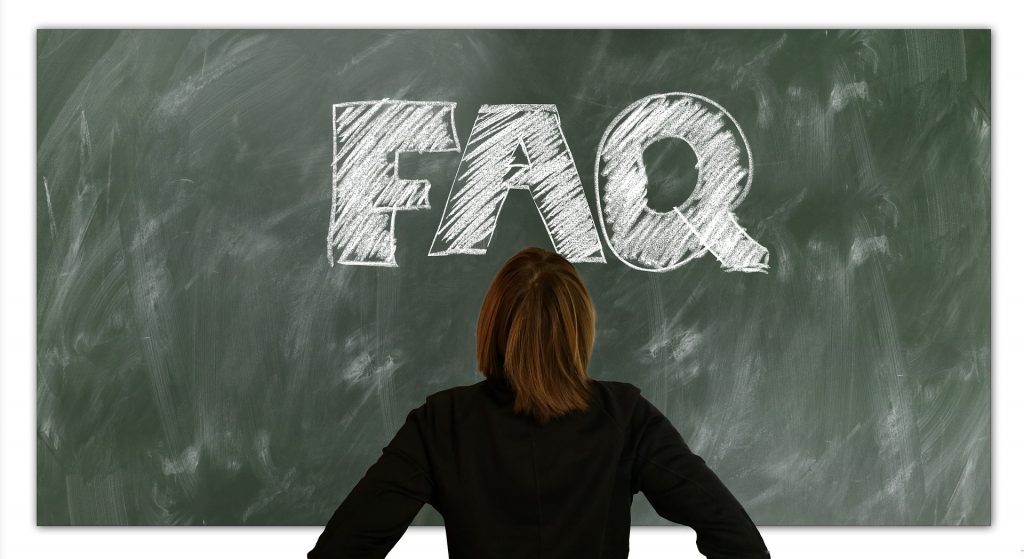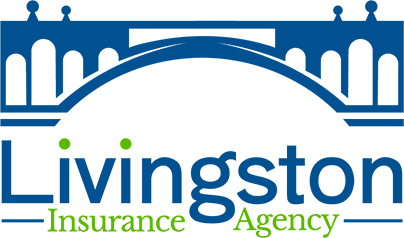We are here to answer our most asked insurance questions!

- What is a deductible?
A deductible is the amount of money you pay for a covered claim before the insurance carrier starts to pay for the damages. For example, if you have a covered roof claim and the damage is $5,000 and your deductible is $1,000, then the insurance carrier will pay you $4,000 for the damages. - What is a dwelling amount and why is it different than what I paid for my house?
Your dwelling amount is the maximum your carrier will pay for your house should it be destroyed completely in a covered loss, such as a fire. This amount is determined by the insurance carrier with a computer program called a replacement cost estimator. This estimator determines how much it will cost to rebuild your home from the ground up back to its specifications including debris removal. The reason this may vary from the market value of your home is market value is based on other home sales in your area regardless of how much it actually costs to rebuild your home. - Is my home on replacement cost?
Most homeowner’s policy forms are on replacement cost. - What is ordinance and law coverage?
This is coverage to help cover costs to update your home with the latest build codes or ordinances after a covered claim. Typically, this is an endorsement so make sure it is on your policy. An example of this coverage is if you have a fire in your 1950’s home and have to rewire your house as a result of this loss, this coverage will help cover the cost to bring your home up to the latest electrical code. - What is the difference between having liability only for my auto versus having “full coverage?”
If you have liability only on your vehicle and you are involved in an at-fault accident or a rock hits your window and cracks, there is no coverage for the repairs to your car. Some people prefer to have liability only with older vehicles since the cost to repair/replace are not “worth” the coverage cost. Full coverage means you have liability, comprehensive, collision, towing, and rental. Now we do not like to use the term “full coverage” because all coverage is subject to certain exclusions or limitations so saying “full coverage” is a misnomer. - What liability limits should I carry for my auto liability?
The cost of insurance claims is on the rise with increasing medical costs and car repair costs. We recommend for your protection $100,000 bodily injury liability per person, $300,000 bodily injury liability per accident, and $100,000 property damage liability. - Can you insure a vacant house?
You sure can! We have different carriers we can approach depending on the circumstance of why the house is vacant, such as under renovation, up for sale, or in an estate. - What about vacant land?
You bet we can! We have carriers that will provide standalone liability policies for the vacant land, or sometimes we can extend the liability from your homeowner’s policy to this land. We highly recommend clearly listing the land on your homeowner’s policy so there is no question whether your land fits the definition of vacant land and is covered when a loss arises. - Do I really need to insure my toys (UTV, ATV, Golf Carts, Trailers, etc.)?
You are not required by South Carolina law to insure these toys unless it has a permit for road use BUT we highly encourage getting them insured regardless. There are limitations and potentially no coverage for these items on your homeowner’s insurance policy so you don’t want to be stuck paying out of pocket if for example, your teenage son flips the ATV sending his friend to the hospital that was riding on the back. - Do you need umbrella insurance?
Yes! This coverage is so important for your personal and business needs. An umbrella policy provides additional liability protection that is over and above your home, auto, boat, or business liability policies. Need examples? Send us an email, and we can send you real-life claims from our carriers. - What information do you need to quote my business insurance?
The big items needed to quote your business insurance are your business name, FEIN/SS Number, address, estimated annual sales (even if you are a new venture), annual payroll, number of employees, and your type of business. This is great information to get us started! - Who needs commercial general liability insurance?
Pretty much anyone operating a business. This insurance provides coverage for claims of bodily injury, property damage, and personal injury arising from your business operations. - What is a certificate of insurance?
This is a snapshot of your active business coverages at a moment in time. Potential clients or other businesses you are entering in a contract with may require this certificate to serve as proof you carry the insurance coverages they require. - Why do I need a probate bond?
If you are in charge of someone’s estate or acting as someone’s conservator the courts may require you to carry a probate bond. This bond protects the estate/individual from poor decisions made by, you, the executor. These bonds are quick to quote and relatively inexpensive if you have good credit. They can be issued in 24 hours or less. - Do contractors have to be bonded?
Yes, in South Carolina! A contractor license bond is needed for builders, specialty contractors such as HVAC, plumbing, electrical, masons, drywall installers, carpenters, etc. These bonds are pretty quick as well as long as you have good credit. - What is D&O insurance?
This is Director’s and Officers’ liability insurance. It is there to protect high-level decision-makers, such as corporate directors and officers and their spouses, and their personal assets when someone asserts, they were negligent in their duties as an officer or board member. If you serve on a board, this coverage is a must-have! Your homeowner’s policy won’t necessarily provide you the right coverage because you must prove bodily injury or property damage. - What is E&O insurance?
This is Errors and Omissions liability insurance. It protects you and your business from claims of negligent acts, errors, and omissions committed by employees of the company. This insurance is especially important for businesses who provide their services in exchange for a fee such as an accountant, an IT company, or a hair stylist.
Have any other insurance questions you want answered? We love talking insurance! Give us a call at 803-791-1120 or send us an email to info@livingstoninsurancesc.com. We would love to help you!

